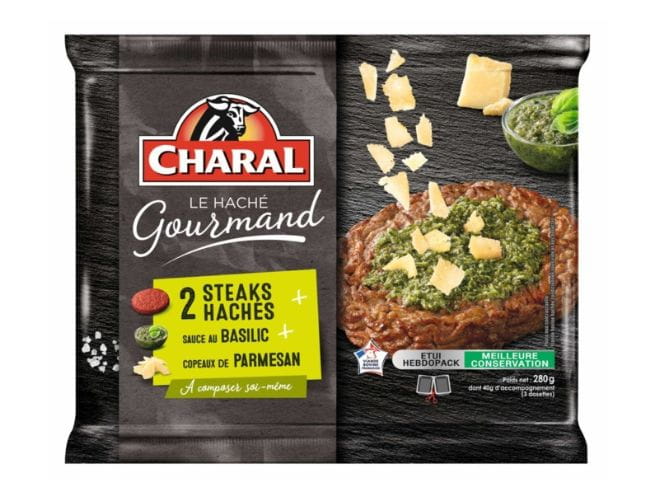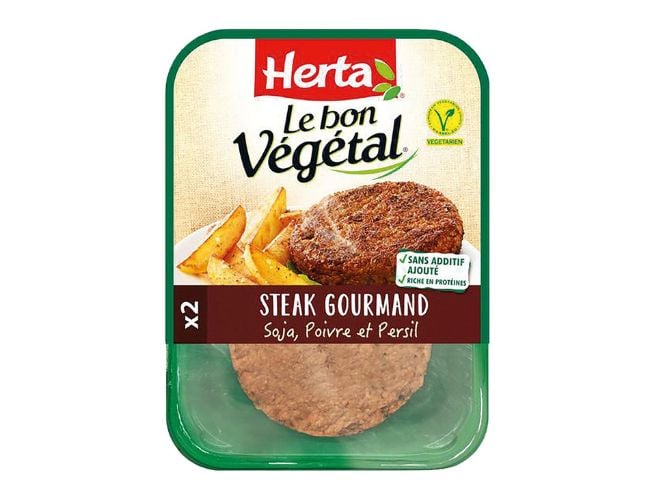Unsurprisingly therefore, the fresh meat, cured meat and poultry sector arrives in 6th place in the most innovative categories in the food industry in 2018, as revealed by the 2019 Global Innovation Report (Panorama mondial de l’innovation) by Protéines XTC.
Ever-increasing sophistication
By offering consumers - whose demands for product quality, origin and ethical production are increasing constantly - new meat eating approaches, the butchery market places a focus on pleasure whilst fulfilling the new requirements of market demand.
This trend was revealed at SIAL Paris 2016 and is shaking up the sector by going beyond the confidential circle of specialist butchers and spreading to mass retail. In France, for example, Bigard has created the brand ‘La Réserve du Boucher’ to stake its place on this niche.
Similarly, butcher’s meat is being driven by innovation focusing on meat breeds. French professionals furthermore have created the signature ‘race à viande’ (meat breed) to stand out from the competition and promote the quality of their products.
In Europe, Charolaise is consumers’ most popular beef breed. It accounts for 25% of the total cattle herd and is exported to 70 countries worldwide.

The quest for new tastes and textures
Meat eaters do not only want to enjoy high-quality products but also wish to be surprised. Industry professionals are working on new textures and tastes to meet these expectations.
As a result, many innovations are arriving on the market. This is the case, for example, with Charal beef patties, which come with ‘make your own’ toppings. This new product offers the notion of pleasure to consumers by enabling them to eat meat in a totally different way, emphasizes the Protéines XTC Global Innovation Report.
Veal Creations, meanwhile, has developed several ways of consuming high-quality veal, which is just as surprising and innovative for the consumer. The brand has, for example, launched veal crisps to munch with pre-dinner drinks and veal and vegetable burgers that include spinach or broccoli.
Charal introduces in the packaging of his steak chopped up basil sauce and parmesan shavings.
Meat free and animal welfare
A new spectrum of meat-free alternatives is also now becoming available to consumers of meat. Here, they find a response to their growing demands for animal welfare and a return to natural food. It should be recalled that 85% of buyers are prepared to eat meat less frequently whilst paying higher prices for meat that is farmed with greater consideration for animal welfare, according to an Ifop survey for CIWF France. For these consumers, it is also an original way of eating plant protein without foregoing their pleasure of eating meat.
Other firms are launching new products, such as Herta, which innovated in September 2019 by marketing the first-ever raw meat alternative patty in a plastic tray. Elsewhere, the Belgian firm Damhert launched a vegan burger based on beetroot. This colour was not chosen randomly, as it resembles beef before cooking.
Meat alternatives can even be found for traditional special occasions such as Christmas and New Year, with the example of firms such as the British frozen food specialist Iceland, which has launched Christmas turkey substitutes in individual portions.
Herta innovates by marketing the first raw veggie steak in a tray.


